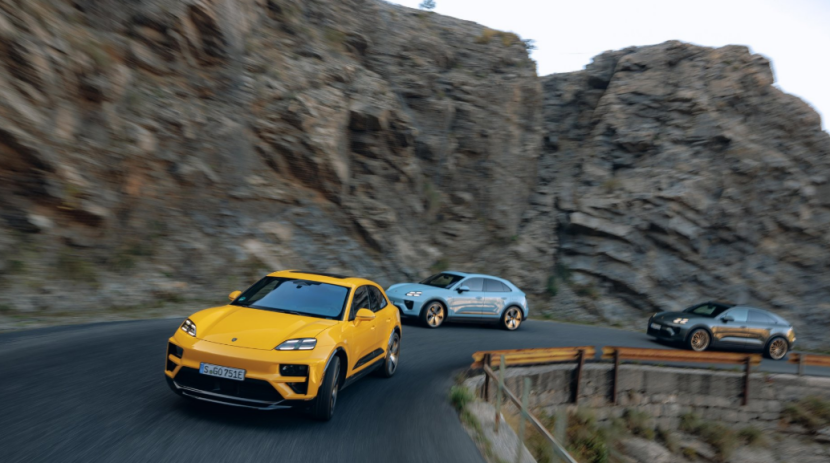On July 8, German automaker Porsche announced that its global car sales in the first half of this year fell by 6% year-on-year to 146,391 units. However, the market share of its electrified models increased by 14.5 percentage points to 36.1%, with 23.5% being pure electric vehicles and 12.6% being plug-in hybrid models. In terms of regions, North America remains Porsche's largest sales market, with deliveries increasing by 10% year-on-year to 43,577 units, setting a historical high for half-year deliveries in that region. This growth was mainly due to increased product supply in the market and a pricing protection policy implemented earlier this year due to rising import tariffs. Meanwhile, in Europe (excluding Germany), Porsche delivered 35,381 units in the first half of the year, down 8% year-on-year, while in its home market of Germany, Porsche's sales plummeted by 23% to 15,973 units. In the Chinese market, Porsche delivered 21,302 units in the first half of the year, a significant drop of 28%, primarily due to the challenging environment in the luxury car market and fierce competition in China. Notably, Porsche continues to focus on a value-oriented sales strategy aimed at balancing supply and demand. Additionally, Porsche's deliveries in other markets increased by 10% year-on-year to 30,158 units, reaching a new high. Among Porsche's six model series, the Macan remains the best-selling model, with global deliveries rising by 15% year-on-year to 45,137 units, of which nearly 60% (25,884 units) were pure electric versions. In most markets outside the EU, the gasoline version of the Macan continues to be sold, with 19,253 units delivered in the first half of the year. The Panamera also performed well, with global deliveries of 14,975 units, an increase of 13% year-on-year. The iconic 911 sports car saw global deliveries of 25,608 units, down 9% year-on-year, attributed to strong sales of the previous generation model last year and the phased launch of new models. The 718 Boxster and 718 Cayman had global deliveries of 10,496 units, down 12%, mainly due to supply constraints caused by EU cybersecurity regulations. The Taycan saw global deliveries of 8,302 units, a decrease of 6%, while total deliveries of the Cayenne were 41,873 units, down 23%, partly due to a catch-up effect from the previous year. Notably, the current Porsche 718 series will gradually cease production in the fourth quarter of this year. Matthias Becker, a member of Porsche's sales and marketing board, stated, 'The pure electric Macan has made a significant contribution to our electrified model share. Despite ongoing geopolitical challenges, we have successfully maintained stable and balanced sales across all regions. The demand for personalized models remains strong, and we will continue to expand our product line in this area.' Looking ahead to the second half of this year, Matthias Becker remarked, 'We expect the market environment to remain challenging. Therefore, closely collaborating with each sales region to carefully balance supply and demand according to the strategy of prioritizing value over volume is particularly important. This strategy is based on our highly attractive and almost fully updated product line that can meet the diverse needs of global customers in terms of powertrain systems and configurations.'
Porsche Reports 6% Decline in Global Sales but Electric Vehicle Share Increases

Share this post on: